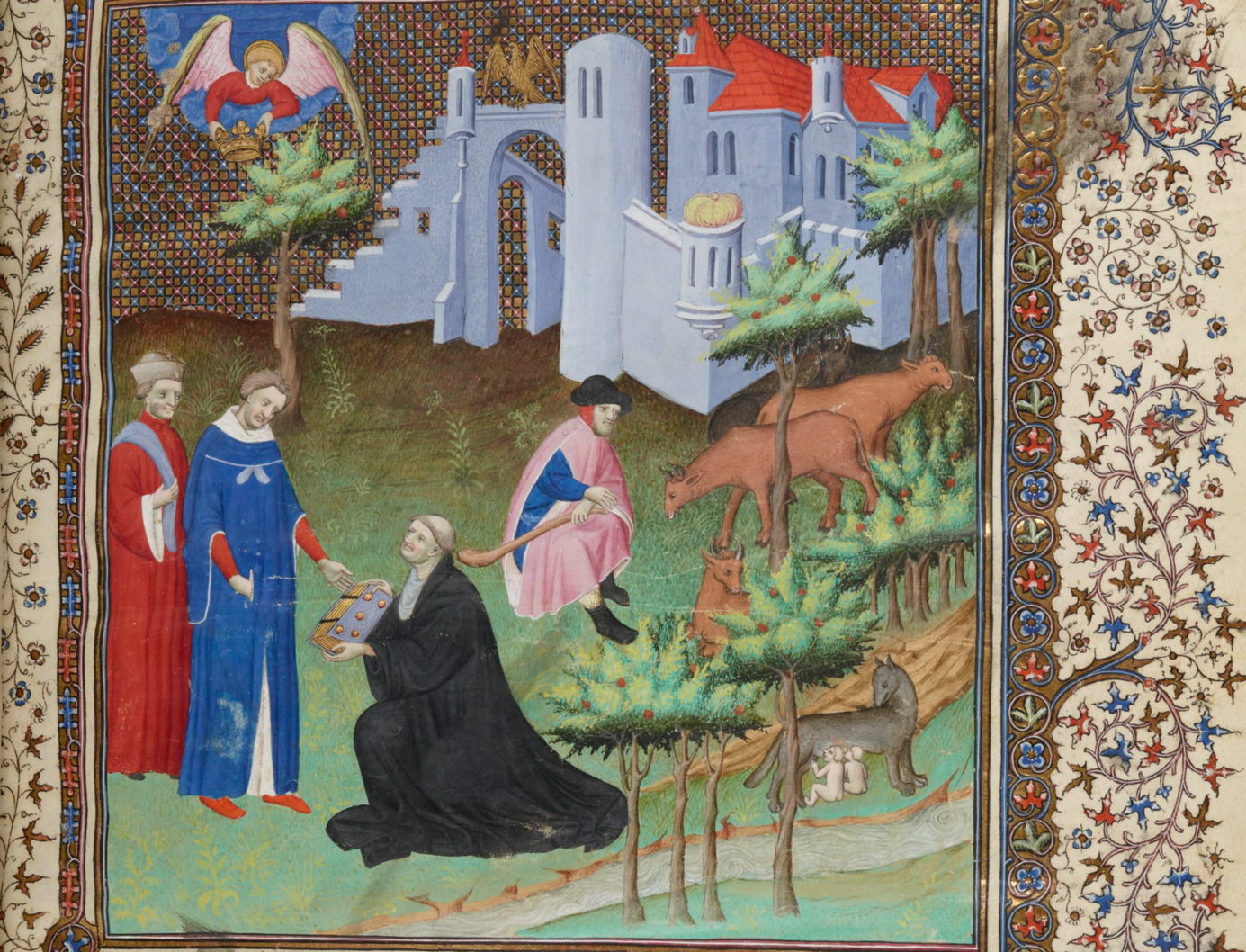Classical Civilization and Classical Studies
bilde

Classical Studies

Classical studies at NTNU earned high marks during the last international evaluation of humanities research in Norway (2016). It covers the Greek and Latin languages, from the Classical period (Homer) through to modern times (Hans Skancke), with an emphasis on Antiquity and the Middle Ages. Thematically, we emphasize philosophy, historiography, historical linguistics, the history of ideas, literature, translations, religion, reception, rhetoric and textual criticism.
Classical studies contribute to the department’s strategic profile by producing new knowledge, among other subjects on (anti)democratic processes in history and previously marginalized groups, such as women, in the Classical traditions. The Classics department is in high demand for its expertise in a range of international contexts, including ERC-financed projects, and is involved in disciplinary and interdisciplinary networks, locally, nationally, and internationally, such as Classical Ages, LIBer, and the Postclassical Greek Network. For a number of years, it has collaborated closely with Professor Stephen Harrison of Corpus Christi College, Oxford University. It also has national collaborations with commercial actors, especially through the publisher Gyldendal’s Kanon series, which publishes Norwegian translations of Antique literature. Besides a significant production of Norwegian and international publications, we regularly contribute to international reference works in the Classics, such as Blackwell’s Companions to the Ancient World, Brill Encyclopedia, Brill's Handbooks, Cambridge Companions, Oxford Bibliographies, Oxford University Press’ Classical Presences, Pontifical Institute of Medieval Studies (PIMS), and equivalent publications with publishers like Archaopress og Brepols.
The menu to the left shows the Department's active research groups in Classical studies; a selection of research projects can be found below.
Ongoing Research
Ongoing Research
The Selliaas Thorsen & Martin Wåhlberg. Gruppa har hovedfokus på temaer i skjæringspunktet mellom kunst og politikk i de to «klassiske» epokene antikken og 1700-tallet, og utvikler en felles forskningsmetode rundt det gruppa kaller rekreasjoner av ulike forskningsobjekt, først og fremst musikk gjennom framføringer og tekster gjennom gjendiktninger, gjerne utgitt i Kanon-serien, et samarbeid mellom NTNU og Gyldendal norsk forlag under Thorsens ledelse.
Søsterfestivalene S.P.O.R og Barokkfest fungerer som forskergruppas kombinerte laboratorium og formidlingsplattform. Gruppa omfatter en Marie Curie-fellow og flere stipendiater og forskere.
Marek Thue Kretschmer. The present project providing the first critical edition of one of the major medieval commentaries on Ovid’s Metamorphoses, will shed new light on different aspects of medieval literature: the study of medieval authors’ treatment of secular literature reveals a complexity and an ambivalence which results in different rewriting strategies (allegorisation, moralisation, etc.), a subject which is far from being explored in all its dimensions, especially considering the important Ovidian influence on medieval literature. More broadly, the aim of the project is to make better known the work of one of the most important French pre-humanists: Pierre Bersuire, who, under the protection of the cardinal Pierre des Prés started his commentaries on Ovid in Avignon (where he became acquainted with Petrarch) and finished them in Paris, where he, in the 1350s also produced, under the protection of the King John the Good, a French translation of the first, third and fourth Decades of Livy.

Antonio De Nizza skriver en avhandling om Philaenis, den kvinnelige forfatteren av en håndbok i elskov, som ser ut til å ha øvd stor innflytelse på Ovids Kunsten å elske
Thea Selliaas Thorsen bygger på et mangeårig samarbeid mellom nevroviter dr. Tora Bonnevie ved Jebsen Centre for Alzheimer’s Disease/ INB, MH, NTNU og Thorsen. I dette prosjektet avdekkes slående paralleller mellom en spesifikk del av den antikke retorikken som lenge har befunnet seg i forskningens skyggeside og de funnene som resulterte i Nobelprisen i fysiologi eller medisin 2014, samt nevrale oppdagelser som stadig gjøres på bakgrunn av dette.
